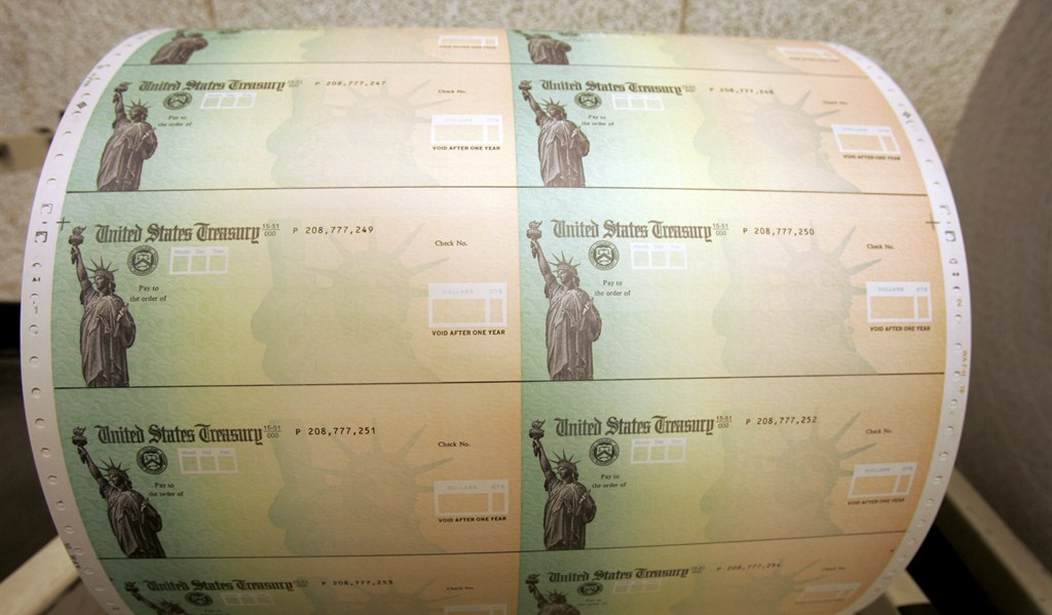Last month, I posted “the cartoon argument” for Social Security reform.
My main goal, as an American, is to achieve this important reform in the United States.
And I’ve tried to bolster the argument by citing lots of hard data, including the fact that “funded” accounts already exist in nations such as Australia, Chile, Sweden, and the Netherlands.
In this spirit, I wrote an article for the most recent issue of Cayman Financial Review, and I looked at the issue from a global perspective. I first explained thatdemographics are destiny.
It is widely believe that aging populations and falling birth rates represent one of biggest global challenges for long-term economic stability.
How can a nation prosper, after all, if there are more and more old people over time and fewer and fewer workers? Don’t these demographic changes put every-growing fiscal burdens on a shrinking workforce to support the elderly, leading to crippling tax burdens and/or enormous levels of debt? In most cases, there are no good answers to those questions. So it is quite likely that many nations will face serious economic and fiscal challenge… Here are some charts showing the age profile of the world’s population in both 1990 and 2100. As you can see, demographic changes are turning population pyramids into population cylinders. …virtually every industrialized nation is undergoing demographic changes that will produce some very painful fiscal consequences.
But not all nations are in trouble.
…there are jurisdictions, such as Singapore and Hong Kong that are in reasonably good shape even though their populations rank among the nations with the lowest levels of fertility and longest life expectancies. And other nations, including Sweden, Australia, Switzerland, and the Netherlands, have much smaller long-run challenges than other industrialized countries with similar demographic profiles.
Recommended
Why are these jurisdictions in stronger shape?
Simply stated, they have personal retirement accounts.
Mandatory pension savings is a key reason why some jurisdictions have mitigated a demographic death squeeze. Whether they rely on occupational pensions, individual accounts, or even central provident funds, the common characteristic is that workers automatically set aside a portion of current income so it can be invested in some sort of retirement vehicle. Over several decades, this results in the accumulation of a substantial nest egg that then is used to provide retirement income.
And there are now about 30 nations that have implemented this critical reform…though that number unfortunately is dwarfed by the number of countries that haven’t modernized their tax-and-transfer schemes.
For advocates of funded pension systems, there is good news and bad news. The good news is that there has been a dramatic increase in jurisdictions that have adopted some form of private retirement system.…the bad news is that mandatory private retirement systems still only cover a small fraction of the world’s workers. The vast majority of workers with retirement plans are compelled to participate in pay-as-you-go government schemes.
Unsurprisingly, I explain why personal retirement accounts are much better for the overall economy.
Economists have been concerned about a triple-whammy caused by traditional tax-and-transfer retirement schemes. First, payroll taxes and other levies discourage labor supply during peak working years. Second, the promise of retirement benefits undermines a very significant incentive to save. Third, the provision of retirement benefits discourages labor supply once a worker reaches retirement age. …Systems based on private savings, by contrast, have very little economic downside. Workers are compelled to save and invest some portion of their income, but all of that money will be correctly seen as deferred compensation. …Perhaps equally important, second-pillar systems boost national savings, which means more funds available to finance productive private-sector investment.
Though I bluntly admit that there will be a significant transition cost.
The…common critique of mandatory retirement savings is that…if younger workers are allowed to shift their payroll taxes into personal accounts, policy makers would need to find lots of money over several decades (trillions of dollars in the American example) to fulfill promises made to existing retirees as well as workers that are too old to get much benefit from personal accounts. This critique is completely accurate. …But here’s the catch. While trillions of dollars are needed to finance the transition to a system of personal accounts, it’s also true that trillions of dollars are needed to bail out the current system. …The real question is figuring out the best way to climb out of that hole. From a long-term fiscal and economic perspective, personal accounts are the more attractive option.
To elaborate, it’s better to somehow find $5 trillion over several decades to finance the shift to personal retirement accounts than it is to somehow find $30 trillion over a longer period of time to bail out the current system.
For more information on personal accounts, you can click here for my video on the topic.
And to learn about Obama’s supposed solution, watch (with horror) this video.
P.S. You can enjoy some previous Social Security cartoons here, here, and here. And we also have a Social Security joke if you appreciate grim humor.
P.P.S. While I’m a very strong advocate of personal retirement accounts (my Ph.D. dissertation was about Australia’s very good system), I’ll be the first to admit that it’s even more important to modernize Medicare and Medicaid.


























Join the conversation as a VIP Member